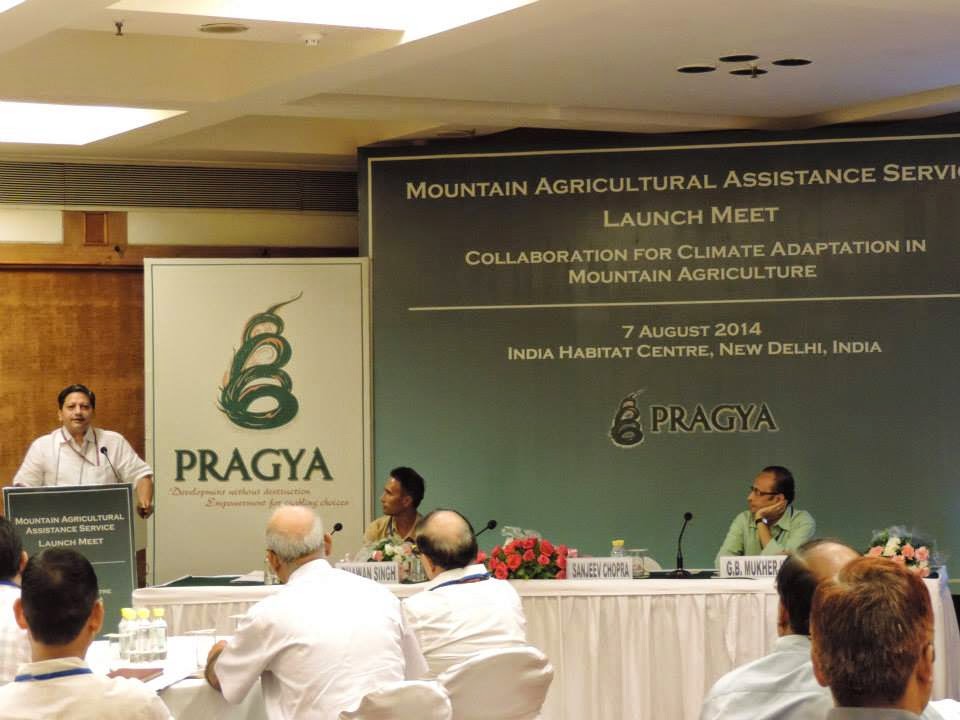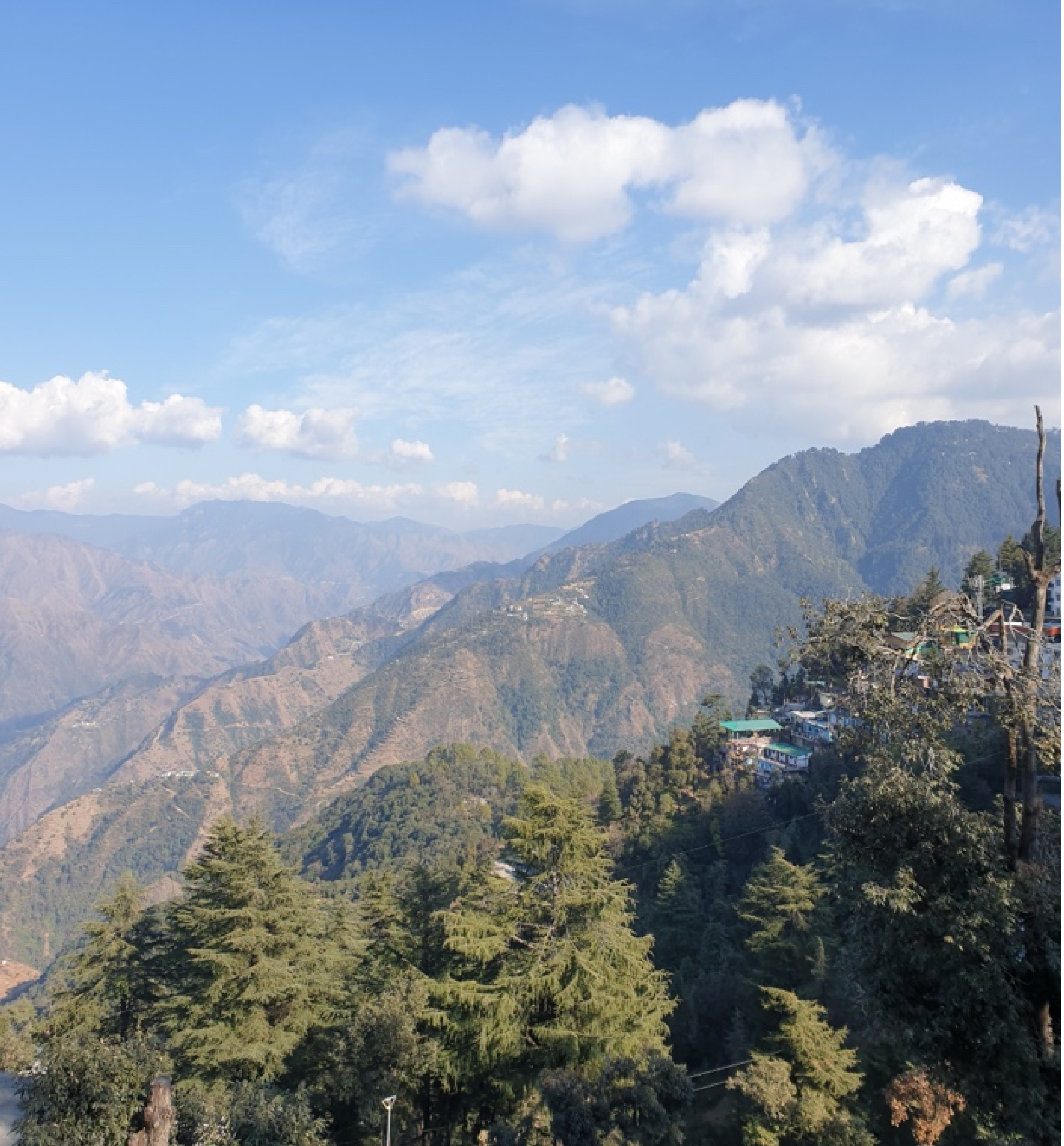
The People's Climate March was one of the largest activist event in recent years to advocate global action against climate change that took place on Sunday, September 21, 2014, in New York City, USA. Pragya's Research & Advocacy and Communication & Engagement team members joined the Climate March held in New Delhi, India, Saturday, September 20, 2014, anchored by 350.org India. They joined thousands of college students, children, civil society representatives, and members of communities affected by disaster/climate change. The team carried its banner raising concerns regarding the frequent high impact natural disasters in the Himalayas and were at the forefront of the procession from Mandi House to Jantar Mantar. (More info)












